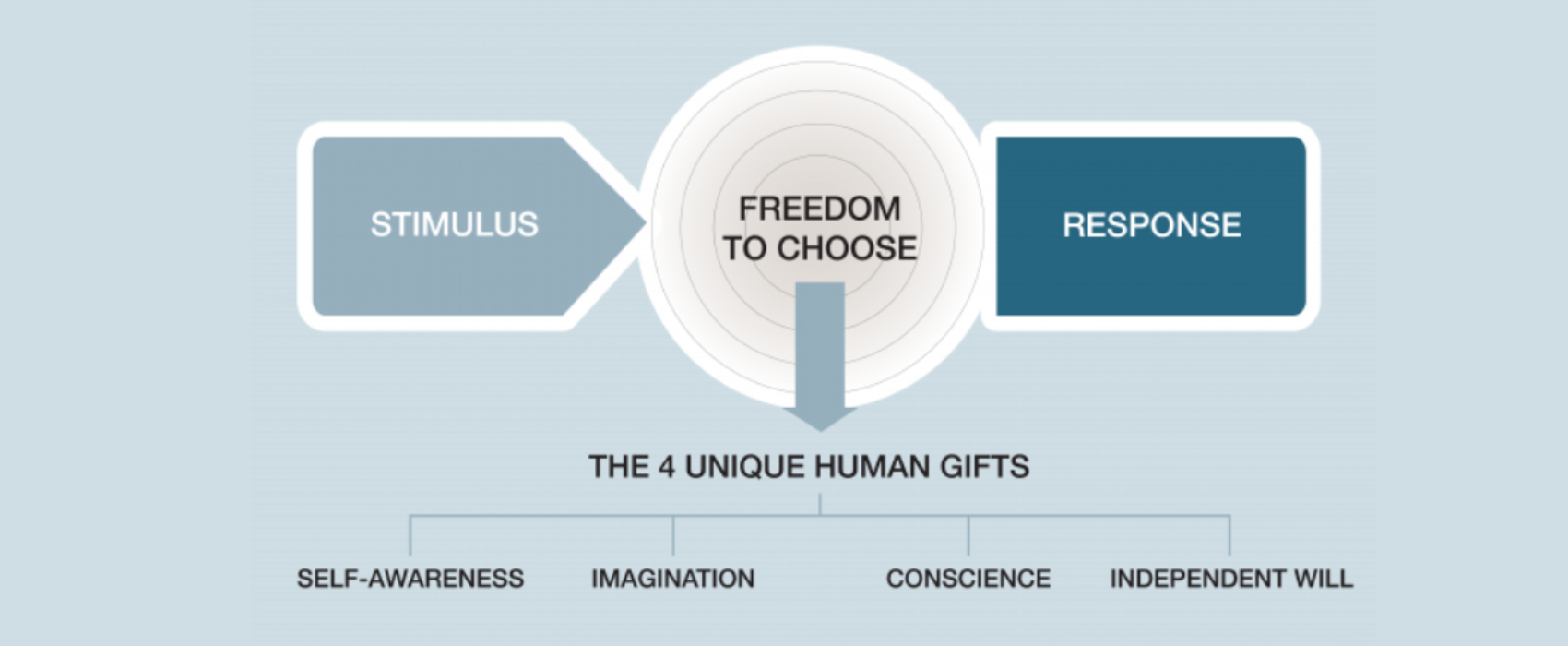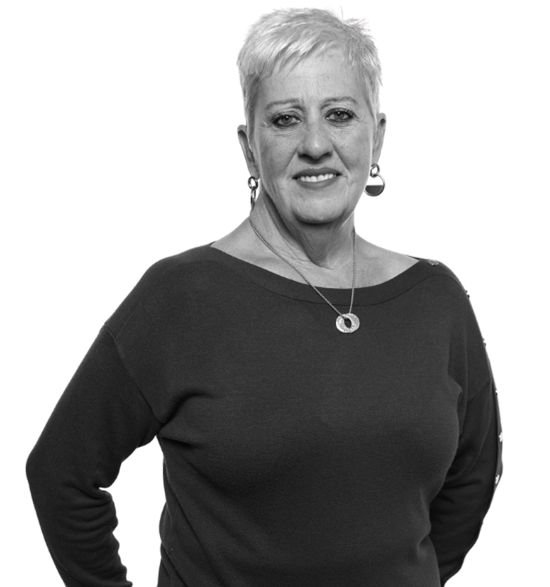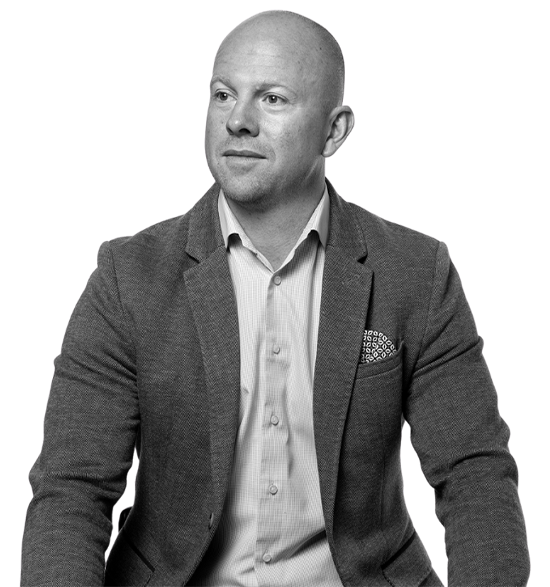How Learning to Be Assertive Helps Harness Our Personal Power
Jessica Doyle
13th June 2022
- 8 min read

According to new research conducted by Acuity Training, 55% of people- rising to an eye-opening 79% of those under 35- believe they have missed out at work due to lack of assertiveness. In a world where self-worth, purpose and clear career pathways are increasingly non-negotiable, this blog will both interrogate the awkwardness attached to assertiveness and explore why individuals and organisations should be intentionally developing it as the asset that it is.
In 2019 Josh Bersin coined the phrase ‘power skills’ which played a significant part in the movement to reframe the ‘nice-to-have’ soft skills as the critical high-effort, high-impact skills that they are. It’s become the perfect antidote to the underestimation of the importance of the skills that enable us to interact, to support, to act, to decide, to understand, to learn and to deliver.
And it seems right now, there is one particularly powerful power skill to look out for. Earlier this year Udemy released their 2022 list of the power skills that have surged in demand by L&D and HR leaders in 2021. At the very top of the list, with a 250% increase in consumption growth, is assertiveness.
What does it mean to be assertive?
First off, it’s definitely not a case of simply saying whatever you think, whenever you want.
Assertiveness is the power skill that enables you to think clearly, communicate effectively, make wise decisions and manage your relationships, time and your priorities. It has a remarkable influence on how you spend your time and energy and stops you from being buried alive under inappropriate or unimportant commitments and expectations.
Being assertive means harnessing your personal power- having confidence in your views, values, needs and wants… and then feeling like you have a right to share and act on them.
However, to be effective self-assuredness needs self-awareness; if you are unable to read the room and tailor your message to your audience, then you might get noticed for the wrong reasons. Likewise assertiveness without empathy becomes abrasive, or even aggressive. When finding the space to speak up comes at the expense of mutual respect, you risk alienating others, breeding distrust, closing off valuable avenues of conversation and slowing work down.
To master assertiveness requires self-reliance, self-reflection and self-leadership, all of which depend on a sophisticated level of emotional intelligence and continuous learning.
The habits of assertiveness
When Dr. Stephen R. Covey wrote The 7 Habits of Highly Effective People in 1989, he created a set of timeless principles that endure today and can be used by any person, anywhere to positively influence their work, relationships and life.
All seven habits can be applied to assertiveness by empowering effective communication and an authentic sense of self. However we are going to spotlight two habits in particular:
Habit 1- Be Proactive
Asserting yourself effectively requires taking responsibility, or in the words of Stephen R. Covey, being “response-able”. We all have the power to choose our response, to alter our behaviour, to inspire positive action by being a proactive part of the conversation and solution rather than simply reacting to the circumstances. It’s a power because it’s not easy; what’s easy is blaming external forces or other people for our reactions, failings and feelings.

As is being pulled into others’ urgencies or saying yes when you shouldn’t. To master assertiveness you must get comfortable with the word ‘no’, which many of us- especially early in our career- generally avoid for the risk of appearing entitled or work-shy. It is important to overcome this discomfort and instead learn to set healthy boundaries, identify where you can make the most impact and invest your time where it matters. This will enable the responsibility that comes with being empowered to say no: explaining your reasons.
If assertive people are able to guide conversations and situations to a productive place, reactive people believe they are not fully responsible, they have no choice and therefore no power. This translates into not only defensive language- I can’t, I have to, if only- but minimising phrases which betray a lack of self-belief such as “Sorry to bother you, but…”, “Could I just ask if….”, “If you don’t mind…?” and “I just wanted to say….”
Consider the difference unambiguous yet respectful phrases like the following make to personal effectiveness and credibility:
“I’m going to speak directly about this; I want to be as specific as possible.”
“I’ll express my opinion honestly and directly for clarity.”
Or, perhaps most overlooked of all as a sign of assertiveness, “I need some help”.
You’ll only have enough yes’s to win in life if you give a healthy amount of no’s.
Habit 4- Think Win Win
Stephen R. Covey said “Maturity is the balance between courage and consideration”. The ability to be assertive treads that fine line, and is a big part of what makes a mature individual. Acuity Training’s poll found 57% of people say they’ve naturally become more assertive with age- but as most of us know, ageing does not necessarily speak to maturity! True effectiveness takes more honing than that.
Effective communication means balancing the needs of yourself and others. When work is positioned as a cooperative arena, not a competitive or overly-hierarchical one, this is much easier to achieve; If everyone’s voice is valued and exercising it is both expected and respected, then you build teams who are brave enough to share their perspective and secure enough to accommodate others– all towards a stronger solution and higher collective performance.
When the balance is out of whack you end up as either too submissive (constantly conceding) or too aggressive (using position or intimidation to enforce your view), neither of which is effective and can both lead to resentment and disengagement. One technique to help avoid either is to start sentences with ‘I’ rather than ‘you’ so people can see you are trying to express your perspective, rather than hold them responsible.
Essentially, assertiveness is only sustainable when wielded with a mature Win-Win mindset. This means understanding you don’t need to undermine yourself for the benefit of others, nor thinking that for you to get your own way others have to lose theirs. Assertiveness is self-advocating, not self-serving.
Be aware of the limiting bias attached to assertiveness
A mature culture is rooted in open-minded collaboration, trust and inclusivity, everything needed to empower self-confidence, fulfilment and a fuller contribution. However, even in 2022 women can still be penalised for behaviours that are often rewarded in men.

For example, where challenging the status quo, negotiating for terms or a salary increase, or speaking up regarding concerns can be seen as proactive and authoritative male behaviours, women can be labelled ‘critical’, ‘complaining’ or ‘argumentative’ for the same behaviour. Women are significantly more likely to face criticism that includes being told they are ‘abrasive’ or that their tone is ‘off-putting’ than men. Two and a half times more likely, in fact. This is alarming.
Unconscious biases such as these often subvert our conscious beliefs. Most of us know that stereotypes such as “women who make strong arguments are aggressive” are problematic, but just being aware of such stereotypes is all it takes for them to influence our behaviour- even if we don’t consciously agree.
There is more than one way to be assertive
It is also worth noting that a negative bias towards naturally quiet personality types is also common and can be very diminishing. A subconscious preference to those who speak up more in meetings can cause managers and team members to overvalue their opinion over introverts who excel in the everyday. Assertiveness doesn’t necessitate large groups; it can look like initiating meaningful 1-on-1 conversations or reporting back your observations and thoughts post-meeting after you have had time to reflect.
Ultimately, purposefully fostering an environment that makes it safe for people to be themselves, know their worth and advocate their unique perspective, is a pressing individual and organisational responsibility. Interrogating your own communication patterns- how much time do you take up in a meeting? Do you betray uncertainty by overusing qualifiers (just, kind of, quite, so)? Do you listen to some colleagues more over others? – in order to better understand and identify team members who are struggling to be heard, is a good place to start.
Assertiveness is the key to personal effectiveness
Assertiveness, fundamentally, is a skill that is about rights. About finding the balance between your rights and the rights of others. It’s a skill that can be honed through finding a strong sense of self, self-esteem and self-control.
Organisations that encourage, talk about and intentionally develop the art of being assertive will gain more satisfied employees, collaborative high-trust teams and creative solutions.





